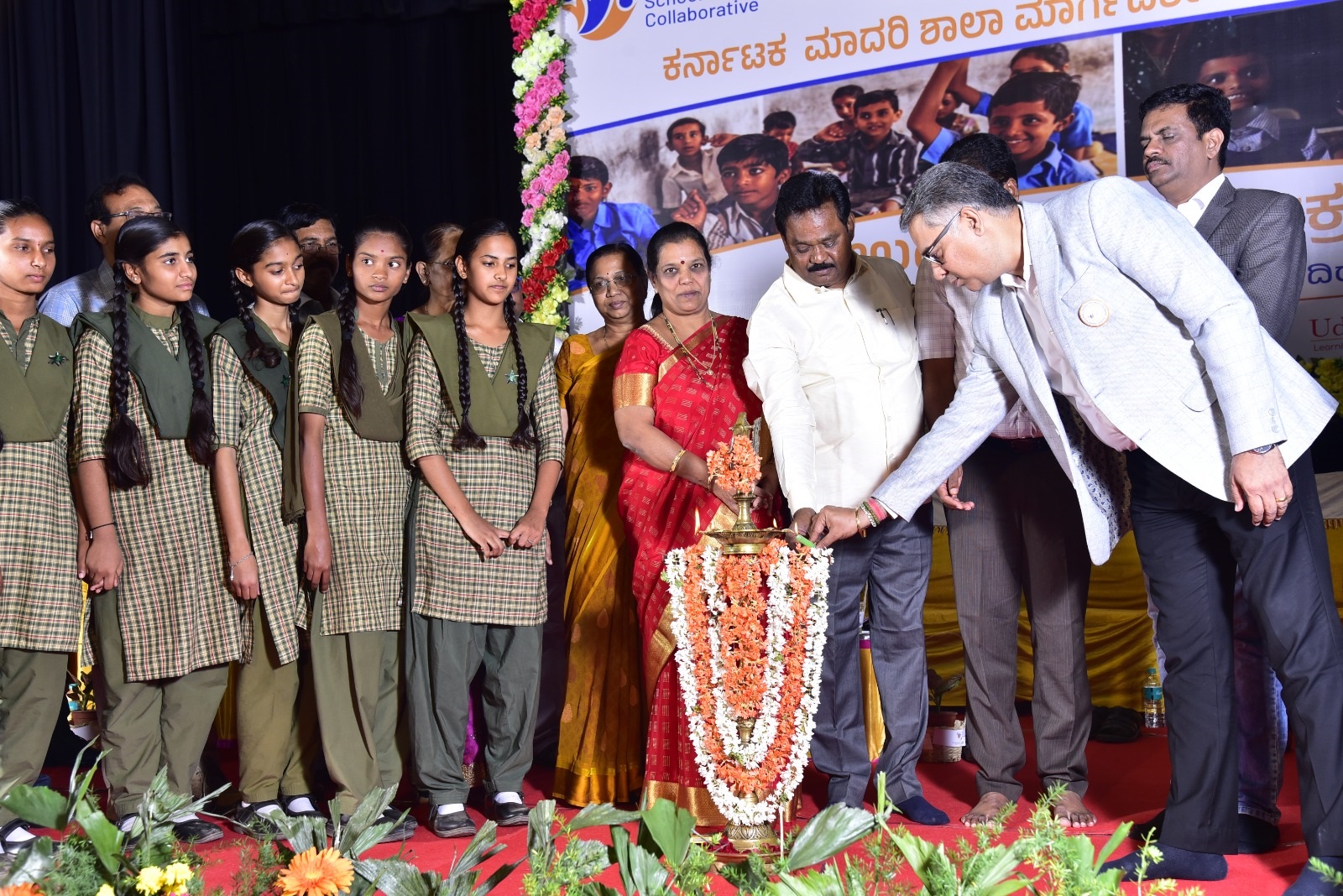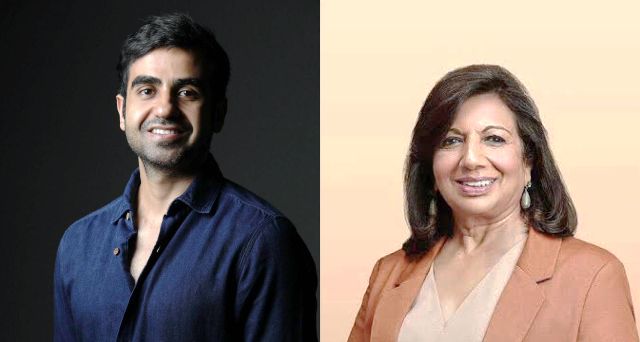The Karnataka Model School Pathways Programme (KMSPP) is transforming the educational landscape in Karnataka through the Model Schools Collaborative, spearheaded by Nikhil Kamath. Supported by the Government of Karnataka and facilitated by Sattva, this initiative aims to overhaul over 210 schools and co-located Anganwadi/preschools across Tumkur, Davangere, Haveri, Yadgir, and Chitradurga by the 2025-26 academic year.
Nikhil Kamath, a prominent figure in the Indian business and philanthropic community along with the founder of Yuva Unstoppable Amitabh Shah has played a pivotal role in driving the Young India Philanthropic Pledge (YIPP), garnering substantial financial commitments to fuel this initiative. With the support of the Bill and Melinda Gates Foundation, JSW Foundation, SwissRe, Prashanth Prakash, and the YIPP, the program has raised significant resources to impact over 45,000 students, 1,100 teachers, and various education and administrative officials across Karnataka.
Nikhil Kamath, Co-founder of YIPP said, “The program aimed to transform not just infrastructures, but also the perception of education among parents, teachers, and education officials. While we have made some strides, we have a long way to go in making Karnataka the superpower of literacy in India. Our state is booming, and the impact we make among kids now will go a long way in setting them up for success.”
Ankit Nagori, entrepreneur and philanthropist said,” The collaborative approach undertaken by KMSPP, with its focus on child-centred learning and community engagement, is truly commendable. I am particularly impressed by the program’s results in improving foundational literacy and numeracy competencies, as well as students’ confidence in using technology. Equipping students with 21st-century skills is critical for their future success, and KMSPP is making significant strides in this area. I am confident that the KMSPP model can be replicated to ensure every child in Karnataka has the opportunity to receive a quality education.”
In the past year and a half, the KMSPP has made considerable strides towards laying a solid foundation for school transformation. Key initiatives include enhancing digital and physical infrastructure, integrating 21st-century skills, emphasizing science and STEM education, implementing Foundational Literacy and Numeracy (FLN) programs, providing career counselling, reintegrating irregular students, and offering capacity-building programs for teachers and education officials at the district level.
“As the school principal, I recognize the significance of the KMSPP intervention. The training sessions and resources provided are not only more relevant but also of superior quality compared to those offered by the government. I am actively working to allocate additional resources and time to ensure the smooth implementation of KMSPP”, said one of the KMSPP’s school headmasters.
The child-first approach of KMSPP has yielded remarkable results, with increased access to WASH facilities, libraries, and ICT labs, leading to significant improvements in student performance. Notably, proficiency in basic FLN competencies has risen by 11.3%, and over 95% of students have engaged with scientific concepts and experiments through science kits. High school students have also actively participated in career counselling, with many exploring viable higher education pathways. The program has consistently tried to inculcate 21st-century competencies among students.
The program has also established robust monitoring systems to refine grassroots interventions, ensuring effective implementation and impact assessment. With state-level steering committees led by the State Project Director (SPD) of Samagra Shikshana Karnataka and district-level committees chaired by Zilla Panchayat (ZP) CEOs, KMSPP is institutionalizing best practices and driving systemic change across the state.
As the KMSPP continues to make strides in educational reform, it sets the stage for potential replication across other schools in Karnataka, envisioning a future where every child has access to quality education and the opportunity to thrive.
















